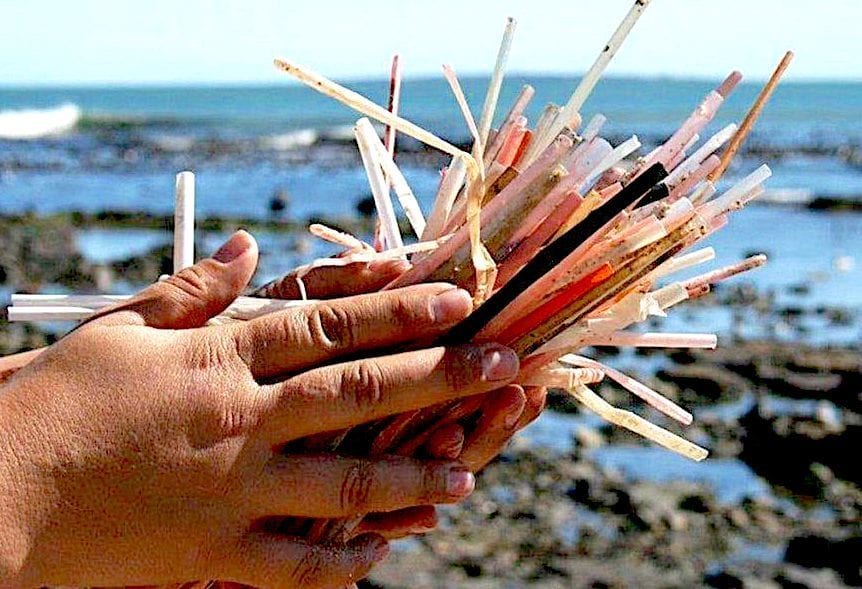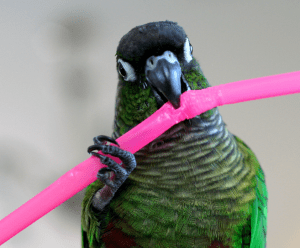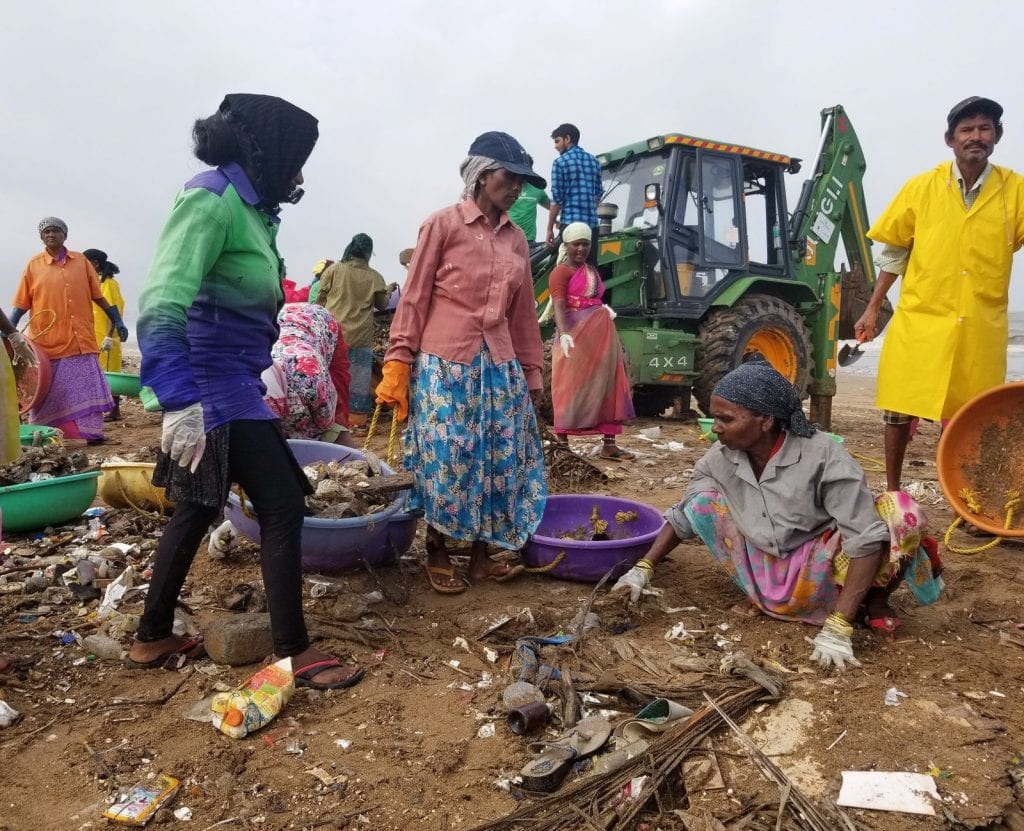
Why Ditching Plastic Straws Saves The Environment: Some Mindful Steps To Save The Climate
Lifestyle Sep 25, 2019
The climate needs our protection now. Don’t be overwhelmed by what you can do. Start small. And that means ditching plastic straws.
With Greta Thunberg’s emotional plea at the United Nations General Assembly which followed the string of climate change protests that happened all over the world, it’s no wonder that environmental concerns are a big and worthy cause of world-wide concern and attention.
With so many environmental challenges, the scope of it all can feel overwhelming but don’t let the pressure of it push you away from taking action! Instead, focus on what you can do to help including stopping the use of plastic straws; read on to learn how this small act can help reduce harm to the planet. It’s time to show our climate some compassion.
Why are plastic straws so bad for the planet?
There are several reasons plastic straws add to the pollution of the planet, here are a few key ways:
- When plastic straws are not recycled (they are difficult to recycle due to the type of plastic they are made of), they end up in landfills or polluting oceans.
- Plastic straws are not biodegradable: they can take up to 200 years to degrade (degrading is the process that occurs over time when plastic breaks done into smaller pieces of plastic called microplastics).
- Plastic (and microplastic) can get consumed by animals and harm them (not to mention if animals consume microplastic and then we consume the animal, it can get transferred back to us).

How can putting a stop to using plastic straws help?
Straws may be a small plastic item but considering the United States of America alone uses 500 million straws daily, but their impact is significant;
- They account for approximately 2000 tonnes of plastic pollution put into the ocean every year.
- Over 1 million seabirds and 100 000 marine animals die from ingesting plastic every year (straws contribute to those numbers).
- They may make drinking a drink slightly easier but they make beach clean up harder: they are in the top 15 list of most common kind of garbage removed during beach clean-up.

Who has committed to phasing out plastic straws?
Several countries and/or cities are beginning to recognize the importance of banning single use plastics (which includes plastic straws). New Delhi with its huge 20 million people population, led the way for India in 2017 by banning single-use plastics, Taiwan, Seattle and Malibu are some of the other countries and cities that have a ban in effect. Both the United Kingdom and Canada are also taking steps with the Queen showing support in 2018 by banning use of all plastic straws (and bottles) at the Royal Estate and the Canadian government has committed to banning single-use plastics as early as 2021.
Countries and cities taking steps helps us move forward but it’s important for businesses to start the journey as well. Opting-out of using plastic straws is a great conscious decision that some big companies are making. A few corporations include Alaska Airlines, the first airline to phase out plastic straws and stir sticks, McDonalds (in U.K. and Ireland but we hope to hear they take this action worldwide) and Starbucks has also gotten on board with a promise to phase out plastic straws by 2020.

What can you do to help?
- First and foremost, stop using plastic straws!
- If you love a straw, there’s alternative options you can purchase including re-usable metal straws and paper straws.
- Help spread the word by sharing this information on your social media platforms.
- When it comes to politics, pay attention to what candidates are saying about their commitment to environmental concerns.
- Participate in a voluntary beach (or general garbage) clean-up…if you can’t find one, start one yourself like a Mumbai resident Afroz Shah did using Facebook and Twitter (photograph above).
- Sign the OneLessStraw Pledge Campaign (an initiative by a not-for-profit organization called OneLessStraw) to show your Country of residence you support the ban of plastic straws.
Main Image Photo Credit: www.sott.net
Rachna Sethi
Author
Rachna (@thesassyspiritual) is a graduate of the Applied Mindfulness Meditation program from the University of Toronto, a certified Educator with two bachelor degrees and a diploma in Art Therapy. She's dedicated to living with a compassionate approach. Committed to helping people integrate Mindfuln...













































































































